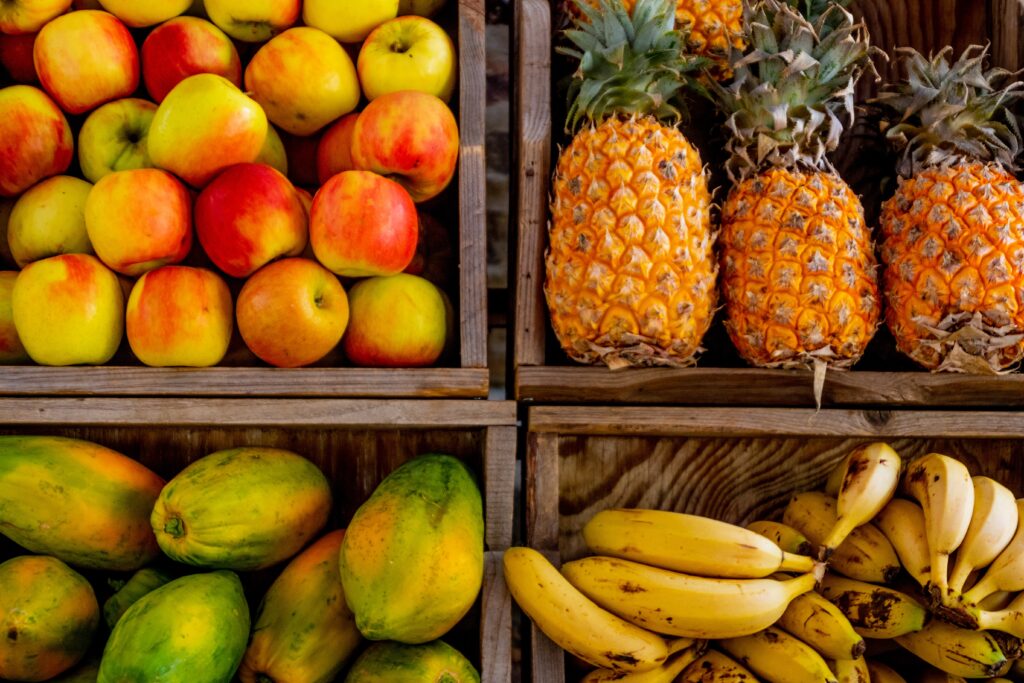
Can healthy diets increase resilience to COVID-19 and future pandemics?
by Vittoria Pasca
The role of nutrition in reducing the severity of infectious respiratory diseases
COVID-19 affects different people in very different ways.
Some patients experience mild to no symptoms, while others require hospitalisation or even intensive care.
As of April 2022, more than 6 million people worldwide have succumbed to the disease.
It’s not entirely understood why people react so differently to the virus, but an individual’s lifestyle and health status are certainly an important part of the explanation.
In light of this, could a healthy diet help increase resilience to new COVID-19 waves, as well as future pandemics?
Non-communicable diseases (NCDs) and the link to COVID-19 severity
Comorbidities, and especially NCDs, can greatly worsen COVID-19 symptoms and increase the risk of death and hospitalisation.
High-risk populations in fact have been disproportionately affected by the pandemic. These include people with hypertension and cardiovascular diseases, obesity and overweight, diabetes and cancer.
Although it’s hard to gather accurate figures, it’s estimated that mortality in 60 to 90% of COVID cases worldwide could be attributed to NCDs as comorbidity.
According to WHO, 68% of those dying of COVID-19 in Italian hospitals had hypertension and 31% had type 2 diabetes, while in Mexico death risk was considerably higher for COVID patients with diabetes (+69%) and hypertension (+24%).
Even among children, who normally are less vulnerable to the virus, obesity is associated with higher risk of infection and more severe symptoms.
Let’s recall, then, that all these conditions are largely caused by unhealthy lifestyles, specifically poor nutrition.
Diets high in calories, fat, salt and processed foods and low in fruits and vegetables play indeed a major role.
Improving the population’s diet is therefore key not only to preventing these deadly diseases, but also to increasing resilience to COVID-19 and other infectious diseases.
What foods are protective?
Some recent studies have analysed more in detail the relationship between diet and the risk of severe COVID-19.
Diet quality and risk and severity of COVID-19: a prospective cohort study was carried out based on data from 592,571 participants in the UK and USA. It found that diets characterised by healthy plant-based foods like fruits, vegetables and whole grains, were associated with lower risk and severity.
On the other hand, Plant-based diets, pescatarian diets and COVID-19 severity: a population-based case–control study in six countries included 568 COVID-19 cases and 2,316 controls from France, Germany, Italy, Spain, UK and USA, finding that participants on plant-based diets were less at risk of moderate and severe COVID.
They were followed by the group eating plant-based diets including fish (pescatarian), while participants on low-carbohydrate, high-protein diets were more at risk of severe symptoms.
A possible explanation is that balanced, plant-based diets are generally richer in nutrients considered important for the immune function, such as dietary fibre and antioxidants.
Eating enough fibre is key to maintaining a healthy microbiota, which is the precondition for a strong immune system. In fact, fibre feeds the “good” gut bacteria that help the human body fight back external attacks from viruses and “bad” bacteria.
Antioxidants instead are molecules that help fight the action of harmful chemicals called free radicals, whose excessive accumulation in the body can cause cell damage and disease, including NCDs and infectious diseases.
These findings show that healthy diets can certainly help increase our resilience not only to NCDs, but also to future pandemics.
Prevention campaigns promoting improved nutrition at the population level should therefore become one of the main health priorities worldwide.
